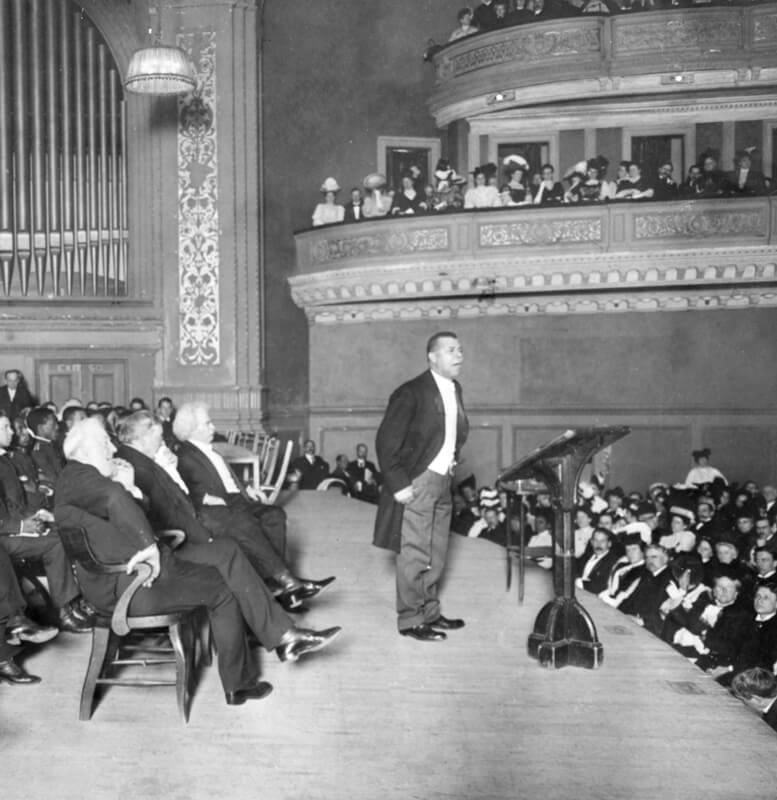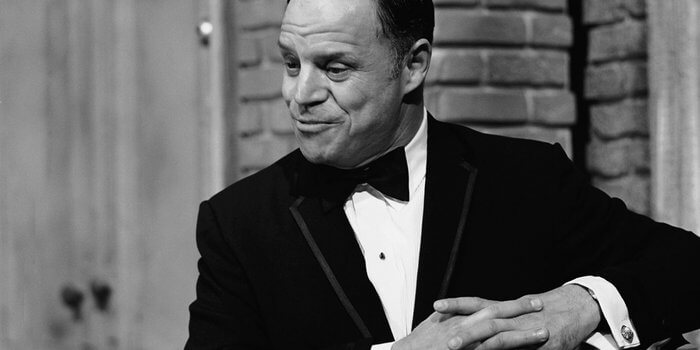@twitter
“We comin for ya, Nigga” and with that Booker T let Hulk Hogan know what’s up. Booker T then went on to be a big deal in WCW and WWE. But this isn’t about the pro wrestler, it’s about Booker T Washington: important black dude. Wikipedia take us away.
His base was the Tuskegee Institute, a historically black college in Alabama. As lynchings in the South reached a peak in 1895, Washington gave a speech, known as the “Atlanta compromise,” which brought him national fame. He called for black progress through education and entrepreneurship, rather than trying to challenge directly the Jim Crow segregation and the disenfranchisement of black voters in the South. Washington mobilized a nationwide coalition of middle-class blacks, church leaders, and white philanthropists and politicians, with a long-term goal of building the community’s economic strength and pride by a focus on self-help and schooling. But, secretly, he also supported court challenges to segregation and passed on funds raised for this purpose.[1] Black militants in the North, led by W. E. B. Du Bois, at first supported the Atlanta compromise but after 1909, they set up the NAACP to work for political change. They tried with limited success to challenge Washington’s political machine for leadership in the black community but also built wider networks among white allies in the North.[2] Decades after Washington’s death in 1915, the Civil Rights movement of the 1950s took a more active and militant approach, which was also based on new grassroots organizations based in the South, such as CORE, SNCC and SCLC.
Booker T. Washington mastered the nuances of the political arena in the late 19th century, which enabled him to manipulate the media, raise money, strategize, network, pressure, reward friends and distribute funds while punishing those who opposed his plans for uplifting blacks. His long-term goal was to end the disenfranchisement of the vast majority of African Americans, who still lived in the South.
That’s pretty cool. What else?
Late in his career, Washington was criticized by leaders of the NAACP, a civil rights organization formed in 1909. W. E. B. Du Bois advocated activism to achieve civil rights. He labeled Washington “the Great Accommodator”. Washington’s response was that confrontation could lead to disaster for the outnumbered blacks. He believed that cooperation with supportive whites was the only way for his people to overcome racism in the long run.
Interesting.
Blacks were solidly Republican in this period, having gained emancipation and suffrage with the President Lincoln and his party and later fellow Republican President Ulysses S. Grant defending African American’s newly won freedom and civil rights in the South during Reconstruction. After Federal troops left, Southern states disfranchised most blacks and many poor whites from 1890–1908 through constitutional amendments and statutes that created barriers to voter registration and voting, such as poll taxes and literacy tests. By the late nineteenth century, Southern white Democrats defeated some biracial Populist-Republican coalitions and regained power in the state legislatures of the former Confederacy; they passed laws establishing racial segregation and Jim Crow. In the border states and North, blacks continued to exercise the vote; the well-established Maryland African-American community defeated attempts there to disfranchise them.
He was also a Republican.





